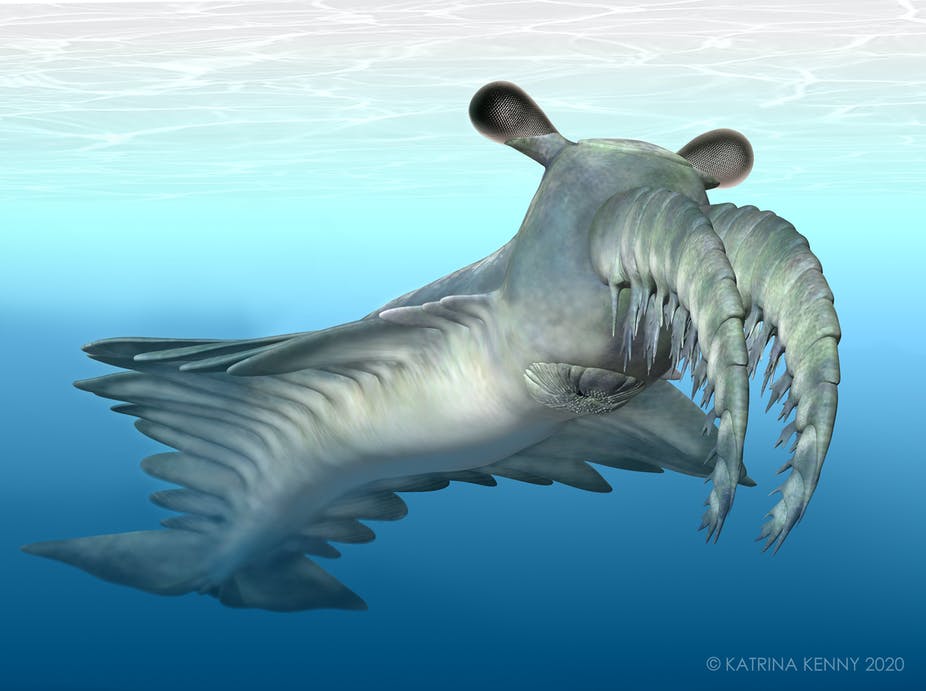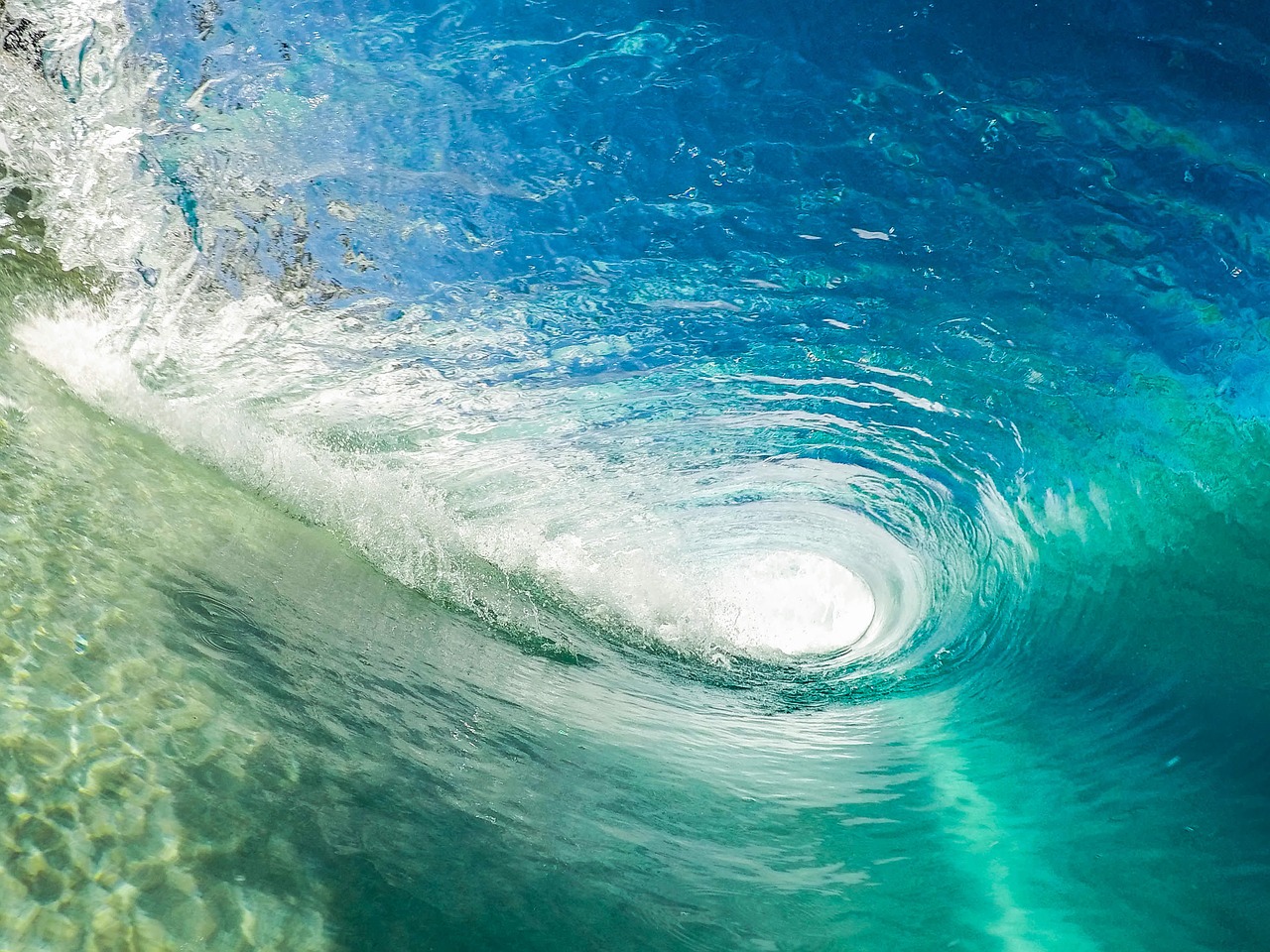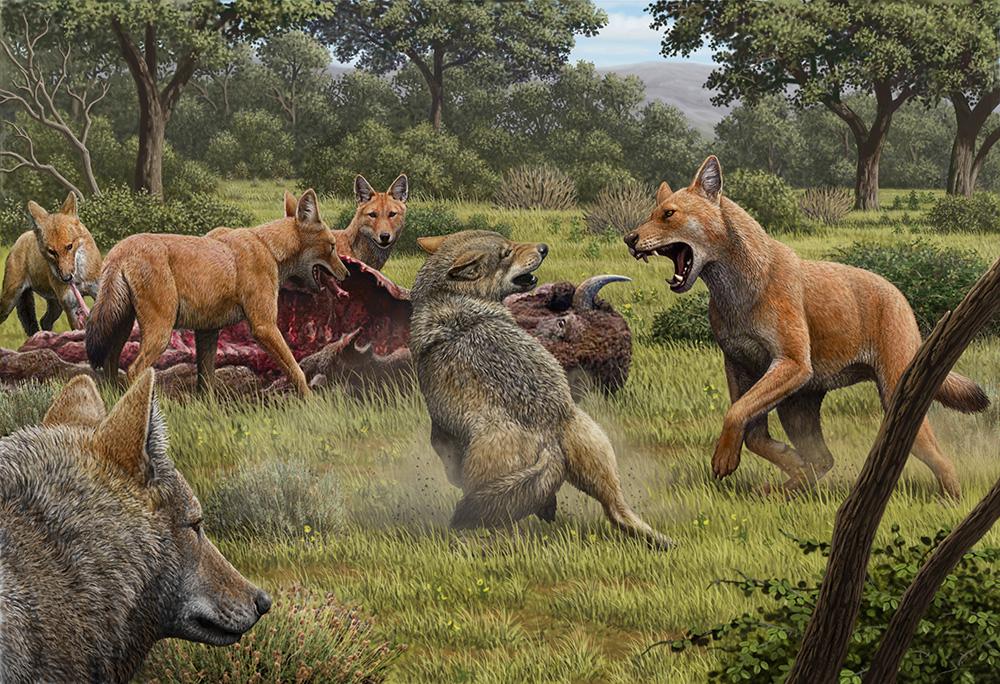BLOGS WEBSITE
Monthly Archives: January 2021
Freaky ‘frankenprawns’: ancient deep sea monsters called radiodonts had incredible vision that likely drove an evolutionary arms race
Deep sea animals can be the stuff of nightmares. Many inhabit the ocean’s twilight zone (down to 1,000 metres depth), where sunlight has virtually disappeared, and have adapted their vision to this dark alien world. Evolution gave them large, complex eyes to see in dim light — examples include the Vampire Squid, Sloane’s Viperfish, and various predatory crustaceans. […]
Comments Off on Freaky ‘frankenprawns’: ancient deep sea monsters called radiodonts had incredible vision that likely drove an evolutionary arms race
The Marine and Coastal Hub join NESP $149 million commitment to environmental science
The Morrison Government is backing a new era of environmental science, announcing the universities and research centres that will host four ‘mega’ research hubs in the next phase of Australia’s National Environmental Science Program (NESP). Research will be prioritised to meet the most pressing environmental management and policy needs, with an emphasis on climate adaptation, […]
Comments Off on The Marine and Coastal Hub join NESP $149 million commitment to environmental science
Ancient DNA reveals the secrets of game of thrones wolves
Extinct dire wolves split off from other wolves nearly six million years ago and were only a distant relative of today’s wolves, according to new research published in Nature. Dire wolves, made famous in the TV show Game of Thrones, were common across North America until around 13,000 years ago, after which they became extinct. The […]
Comments Off on Ancient DNA reveals the secrets of game of thrones wolves
Nature paper reveals platypus and echidna genomes feature mammalian biology and evolution
International researchers join Environment Institute members in solving the mystery of Australia’s most ancient living mammals The research featured in Nature. includes the first complete genetic code of the echidna and a better quality code for the platypus. Environment Institute member Professor Frank Grutzner said the two genomes would provide new insights into the unique biology […]
Comments Off on Nature paper reveals platypus and echidna genomes feature mammalian biology and evolution






